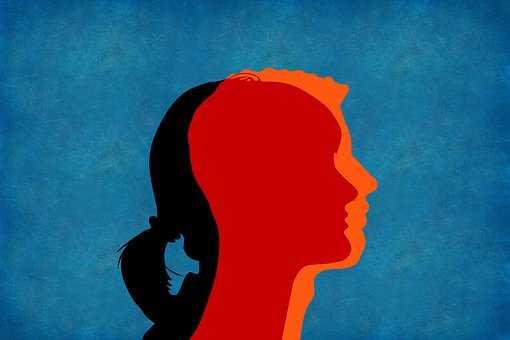Identity and our values
Identity is mainly concerned with the question: “Who am I?” What does it mean to be who I am?
Identity relates to the values that guide the choices we make (relationships, career, etc.). These choices reflect who we are and what we value.
474
4.05K reads
CURATED FROM
IDEAS CURATED BY
The idea is part of this collection:
Learn more about personaldevelopment with this collection
Ways to improve productivity
Strategies for reducing stress
Tips for managing email overload
Related collections
Similar ideas to Identity and our values
6. Values
Values are like emotional hot buttons that drive our behavior. They are what we value as important in our lives.
All of us regard values like ‘success,’ ‘freedom,’ ‘security,’ ‘love,’ and ‘happiness’ very differently. It is the way we internally rank these values that determine the choices ...
The Pursuit Of Happiness And Well-Being
The Value Fulfillment Theory provides us with a sensible way to understand how ours and others lives could be better. How our choices influence our value fulfilment and helps us reflect on the question: What truly matters to us?
Our values have in-built motivation inside, along wi...
Questioning our values
Once you begin to question the significance of everything that happens in your life, you may realize that much of what you believe and value was not determined by you but by the people and culture around you.
In many cases, we grew up with good values, but everyone has its dysfunctions and ...
Read & Learn
20x Faster
without
deepstash
with
deepstash
with
deepstash
Personalized microlearning
—
100+ Learning Journeys
—
Access to 200,000+ ideas
—
Access to the mobile app
—
Unlimited idea saving
—
—
Unlimited history
—
—
Unlimited listening to ideas
—
—
Downloading & offline access
—
—
Supercharge your mind with one idea per day
Enter your email and spend 1 minute every day to learn something new.
I agree to receive email updates

